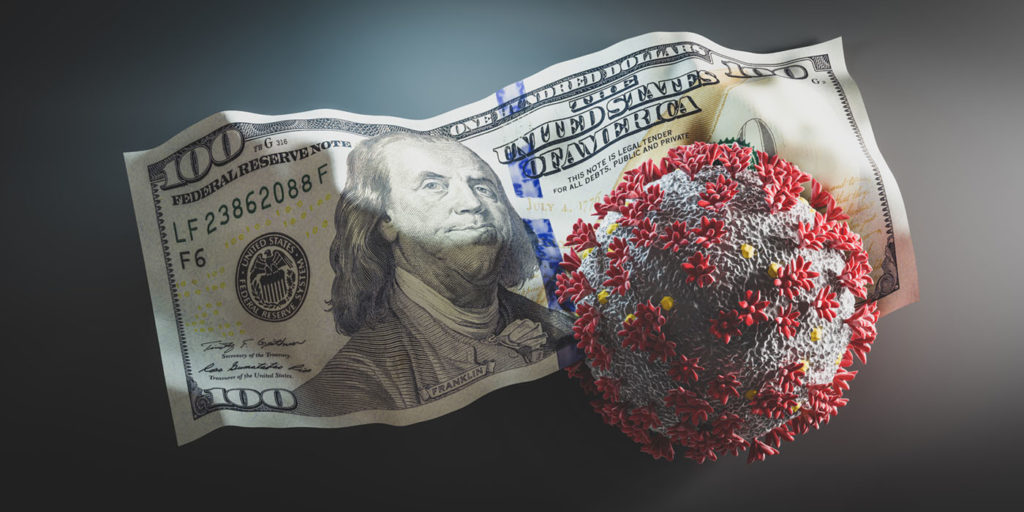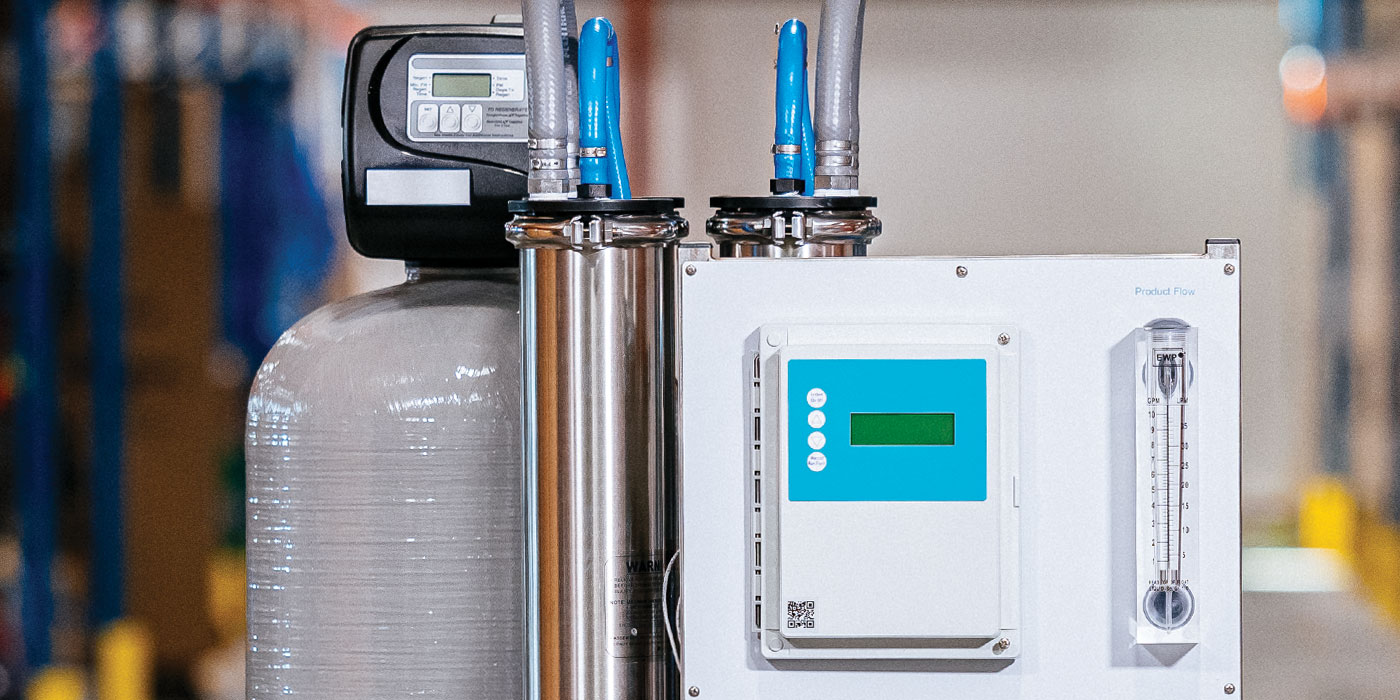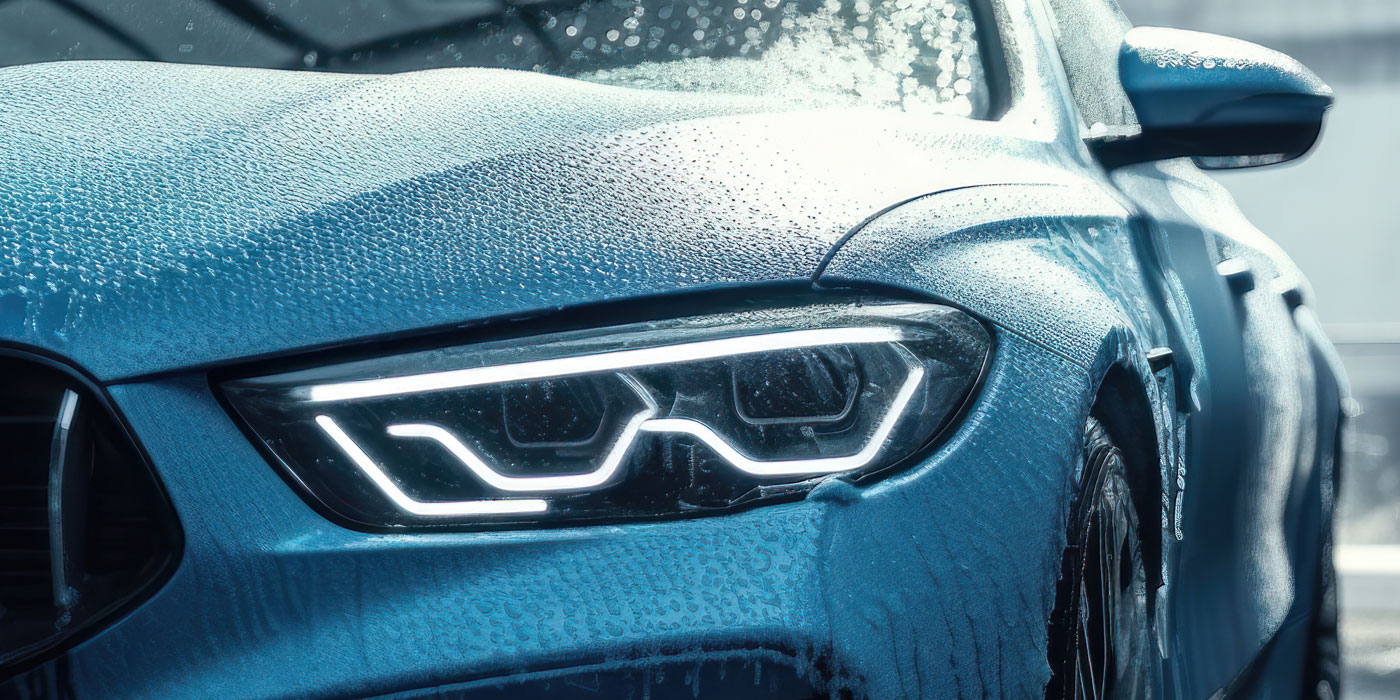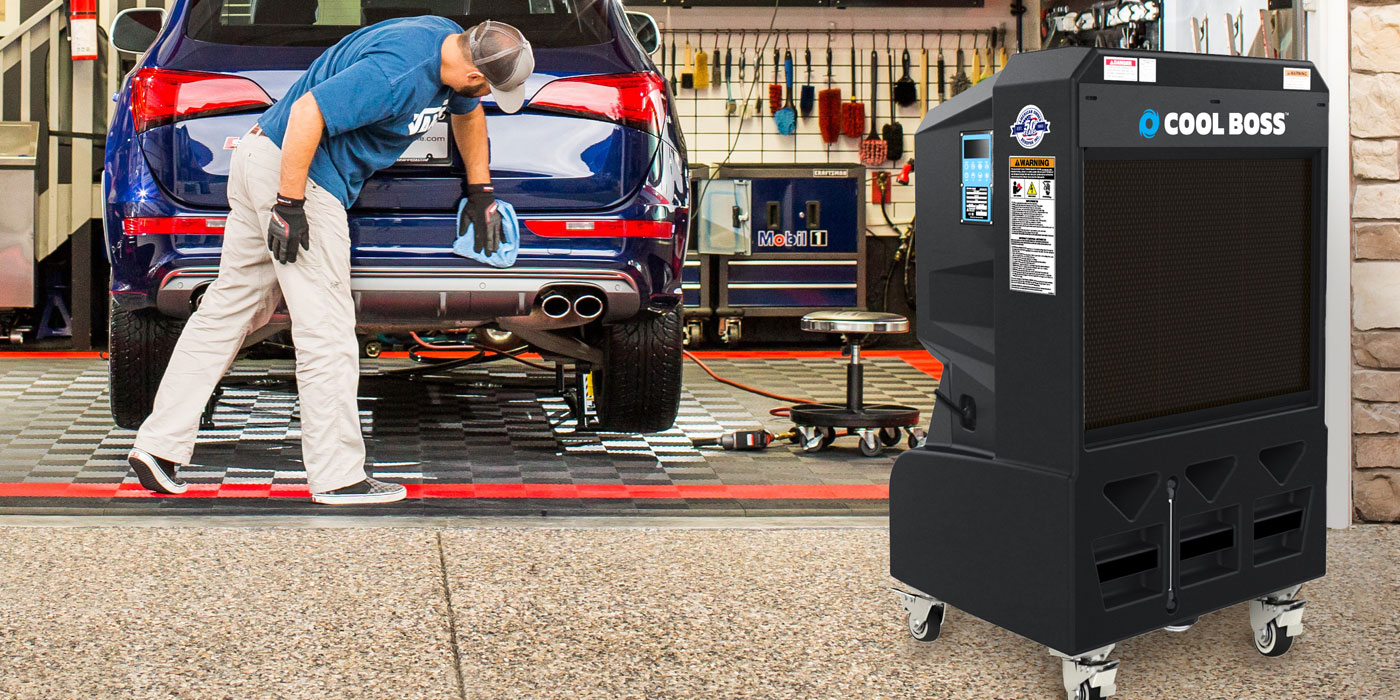As a carwash operator, I’m sure you’ve heard the phrase “care, custody or control” at some point in a conversation with your insurance agent. If you don’t operate a full-serve wash where you ask customers to leave their vehicles, you may think this insurance concept doesn’t apply to you. But, that’s not necessarily the case. Many types of wash operations need to pay close attention to this familiar insurance phrase.
So, what does it mean and why is it so important? First, we must look at a typical commercial general liability (CGL) policy, specifically the exclusions section. (By the way, it’s always best to read the exclusions section before considering a new insurance carrier.)
General liability exclusions
All general liability policies contain some version of the following exclusion for property damage: “Exclusion j.4. — excluded from coverage is any property damage to personal property that is in the care, custody or control of the insured.”
This immediately alerts a carwash operator of a potential problem with a customer’s car. Any customer’s vehicle in your care, in your custody or under your control is not covered for damage by the general liability policy. This means that if, at any point in the wash cycle, your customer exits his or her vehicle or the wash takes control of the vehicle, this exclusion would immediately take effect, and the general liability policy would not pay for any damage to the customer’s vehicle.
Related: Beyond basic insurance coverage
Since the exclusion applies only to personal property in an insured’s “care, custody or control,” the question immediately becomes: What constitutes “care, custody or control”? The bad news is that no one-size-fits-all answer exists to this question.
For example, the Supreme Court of Arkansas articulated that, in a general way, the word “care” has reference to temporary charge; “custody” implies a keeping or guarding and a necessity for an accounting; and “control” refers to power or authority to manage, superintend, direct or oversee.1
The state of Illinois requires a two-pronged test as follows. The “care, custody or control” exclusion precludes insurance coverage if:
- The property was “within the possessory control of the insured at the time of the loss.”
- The property was “a necessary element of the work performed.”2
Generally speaking, the exclusion is interpreted as follows: Even if the customer remains in the vehicle, such as in an exterior-only conveyor wash system, the carwash is assumed to have taken “control of the vehicle” as soon as the customer is asked to place the vehicle in neutral and take his or her hands off the wheel. This condition essentially views the customer riding through the wash as a spectator. Once the driver is discharged from the conveyor process and takes back full “control” of his or her vehicle, the carwash is thereby released from the general liability exclusion.
Garage keepers insurance consideration
Regardless of what state your carwash is in, your customer has a reasonable expectation that his or her car will be returned in the same condition as it was when the carwash operator gained control of it. Thus, if your wash operation includes taking care, custody or control of your customer’s vehicle, no matter how brief, an additional coverage known as garage keepers insurance should be added to your insurance coverage.
With this coverage, your carwash would be protected for most sources of loss that could damage a customer’s automobile.
Garage keepers insurance is generally written with a policy limit that is based on the maximum replacement value of customers’ vehicles in your control at any given point in time. Any damages covered would be subject to a deductible like a personal auto policy (comprehensive and collision).
When determining if your wash operation requires garage keepers coverage, review the entire carwash cycle and evaluate if your wash would take care, custody or control of a customer’s vehicle at any point. Work with an insurance agent thoroughly versed in carwash operations to make sure you choose the best type of garage keepers coverage for your operation.
Coronavirus and insurance FAQs
The novel coronavirus (COVID-19) has created widespread economic disruption at an unprecedented level across the world. As doctors, scientists and politicians race to find a vaccine or effective treatment, business owners who have been forced to temporarily shut down now face an uncertain future. Many individuals question how business policies can help employers during this critical time. The following are some frequently asked questions about COVID-19 and how existing business insurance may respond … or not.
Question: But, I have business income coverage. Shouldn’t that cover me if my business is temporarily shut down?
Answer: We tend to look to business income — or business interruption — insurance for relief when a business is not able to keep its doors open. Unfortunately, this is property coverage, and there must be a covered loss (physical damage to the premises) to trigger such coverage. If there is not a covered physical loss, business income insurance will not provide a business owner with financial relief. A loss resulting from viruses capable of inducing illness or disease is not covered and, in fact, is specifically excluded by most carriers through an endorsement to the policy.
Each scenario is unique. Specific circumstances of the event will determine if a covered loss has occurred that would warrant this kind of coverage. It’s also important to note that there are several suits pending as well as bills being brought forward regarding this. If you’re in doubt, I suggest filing a claim with your carrier. Worst case scenario is that the claim is denied. Then, you can decide if further legal action is warranted.
Question: What does insurance cover if you’re forced to shut down?
Answer: As mentioned, it is unlikely that a business owner will be afforded coverage under most business owners’ or general liability policies for any type of loss related to the COVID-19 virus or resulting shutdowns. Some mitigating circumstances may include endorsements, which add coverage for viruses or loss of supply chain (suppliers not able to deliver vital material for operations).
Question: If you have an employee with COVID-19, are you held responsible if others contract it?
Answer: If you were in violation of the law or placed an employee in exposure to the virus deliberately and with intent to infect (malice), yes, you may be held liable. Otherwise, no, you cannot be held responsible.
Question: What assistance is being discussed to help small business owners?
Answer: Any type of substantial relief will not come from commercial insurance. Local, state and federal sources should be investigated. Low-interest loans for businesses affected have been made available by the U.S. Small Business Administration.
Question: Would workers’ compensation help mitigate the cost for employees?
Answer: Two conditions must be met before any illness or disease, including COVID-19, qualifies as work-related under workers’ compensation:
- The illness or disease must be occupational, meaning it arose out of and was in the course and scope of the employment.
- The illness or disease must arise out of or be caused by conditions peculiar to the work.
Question: So, does the coronavirus create a workers’ compensation exposure?
Answer: The short answer is not likely. Other than the fact that the coronavirus is currently garnering intense attention, in most cases it is no more resulting from occupational exposure than the flu. It may be possible for employees to apply for unemployment insurance if they are not eligible for workers’ compensation.
However, if — and only if — it is proven the employee has an increased risk of contracting the virus due to the peculiarity of his or her job, the coronavirus would be considered occupational and covered. Remember, compensability of an occupational illness requires that something about the job increases the risk of exposure and illness.
As with all situations, it is critical to review your individual policy, because each policy and claim is unique. Carriers will assess claims in accordance with the coverages the insured has in place and the facts presented. It is not possible to answer any hypothetical questions or claim scenarios regarding the coronavirus. If you believe you have a claim, please report it to the carrier as you normally would. Carriers are obligated to follow their regular processes and protocols and engage you as needed.
Dan Tharp, CIC, RWCS, is the vice president of Business Insurance Lines for Pearl Insurance. Dan has been helping business owners protect their operations, customers and employees for over 25 years. For questions regarding this article or any other insurance matter, he can be reached by phone at (800) 447-4982, email at [email protected] or by visiting www.pearlinsurance.com/automotive.
Sources:
1Hardware Mut. Cas. Co. v. Crafton, 350 S.W.2d 506 (Ark. 1961).
2Essex Ins. Co., v. Soy City Sock Co., William E. Phillips Co. Inc., and Federal Ins. Co.; 503 F. Supp. 2d 1068 (U.S. Dist. 2007).
Be sure to check out our follow up video interview with the author of this article below.














